July Newsletter
A Note from Joe

We hope the summer of 2024 is treating you well as we share our first professional advisor newsletter with you. Our intent is to provide valuable and timely information for when and how you interact with your charitably-inclined clients, and in some cases, with strategies that might lead you to those who have yet to identify as charitable. We hope you find the information beneficial as you navigate through the conversations surrounding philanthropy with your clients.
Your July Content
The Giving USA study, released each June, reports the status of charitable giving in America. Inflation is not only affecting everyday Americans, it is also taking its toll on the nonprofit sector. Adjusted for inflation, 2023 numbers for contributions were down, which means it’s been more difficult for our region’s charities to meet the needs of the people they serve. This is relevant to your clients because for many of them, philanthropy is an important part of their financial plans, family traditions, and in many cases provides them with a “WHY”.
In this issue, we’re concentrating on 2025 and the key provisions of the TCJA set to expire and how charitable giving can be an option to consider.
If it feels like the topic of the estate tax exemption sunset is heating up, you are right! More and more of your clients are becoming aware of the change in the law that is slated to occur at the end of 2025 unless legislation intervenes. Be sure you know the basics about how charitable giving and community foundations can fit into smart planning.

Unlocking a Legacy
Without legislation to prevent it, the sunsetting of current estate tax laws at the end of 2025 will dramatically reduce the federal estate tax exemption from $13.61 million per person in 2024 to approximately $7 million in 2026 (this includes adjustments for inflation). This change would affect many high net-worth individuals and families in our community, likely exposing many more estates to federal estate taxes.
It is impossible to predict whether or not legislation will prevent the sunset. Even so, it is important for advisors to prepare for client discussions and start considering estate planning strategies now, especially techniques that incorporate multi-generational gifts and charitable planning.
For a client who is charitably-inclined, making larger lifetime gifts to charity and arranging for charitable gifts from their trusts will help reduce the client’s taxable estate because of the charitable estate and gift tax deduction. Donor-advised, field-of-interest, designated, unrestricted, scholarships, and endowment funds are flexible and effective charitable recipients of both lifetime and estate gifts.
For some clients, you may wish to begin exploring a comprehensive, multi-generational wealth transfer plan, potentially using key tax-planning vehicles such as:
Charitable Lead Trust: Charitable lead trusts (CLTs) may be particularly effective in the current environment. These trusts can provide income to your client’s fund at the community foundation for a set period of time, with the remaining assets passing to family members. Right now, the higher exemption allows for potentially significant initial funding of such trusts because the value of the remainder interest counts toward the client’s estate and gift tax exemption. Careful consideration should be given to a donor who may wish to establish a DAF with a Non-Grantor CLT during life and serve as the advisor.
Generation-skipping Trust: A generation-skipping trust is an irrevocable trust that can benefit a client’s grandchildren and later generations. This trust utilizes a client’s generation-skipping transfer (GST) tax exemption (which parallels the estate and gift tax exemption). This type of trust could allow a client to take advantage of the higher exemption before it potentially decreases in 2026. It is possible under some states’ laws for these trusts to go on for many generations in a “dynasty” format, such that each generation benefits from the trust’s income (and potentially principal for health and education) without the trust’s assets being included in the beneficiaries’ estates for estate tax purposes.
Multi-generational Fund: Alongside a charitable lead trust or generation-skipping trust, or as a standalone, a client can establish a donor-advised fund at the community foundation that can function much like a family foundation, with successive generations serving as advisors, or the community foundation stepping in after the first or second generation, to recommend grants from the fund to carry on a tradition of supporting the causes that have been most important to the client during the client’s lifetime.
We look forward to working with you to achieve your clients’ long-term charitable goals, even in the midst of uncertainty concerning the estate tax laws.
Your Resource
As you serve your philanthropic clients, we strive to be your resource and sounding board. Understanding the charitable side of the equation allows us to serve as a secondary source for you as you manage the primary relationship with your clients.
Connect with us anytime! It’s our pleasure to work with you in partnership as you help your clients achieve their charitable giving goals for this year and many years to come.
This newsletter is provided for informational purposes only. It is not intended as legal, accounting, or financial planning advice.



